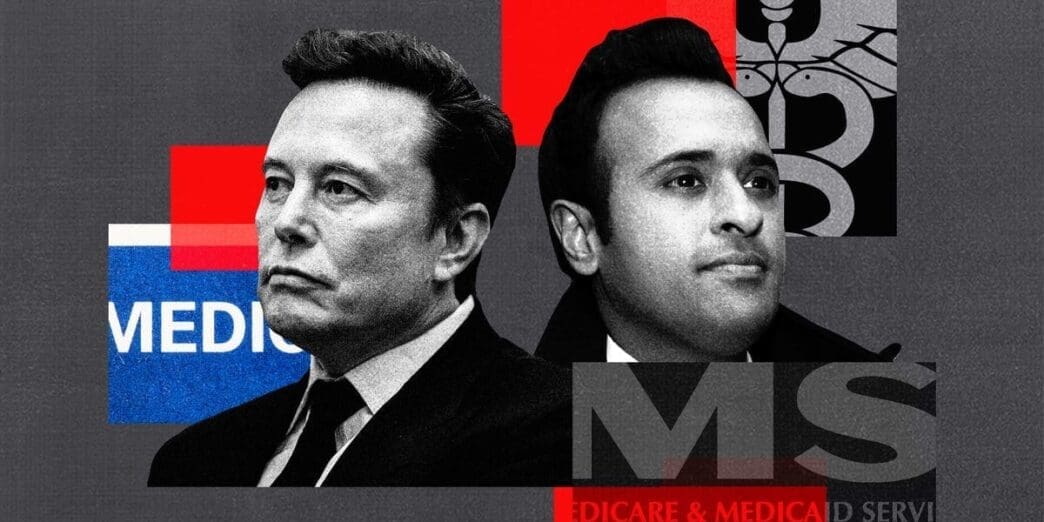The opportunity to significantly reduce fraud in government programs could be on the horizon as Elon Musk and Vivek Ramaswamy step into leadership roles at the Department of Government Efficiency (DOGE). With a focus on curbing waste and slashing expenses, this initiative aims to tackle fraudulent activities within federal programs like Medicare, reflecting a potential bipartisan victory.
Last year, the government faced a massive loss due to fraud and improper payments, highlighting a pressing need for reform. Musk, who has taken to social media to express his concerns, described the scale of government fraud as “mind-blowing.” The Government Accountability Office (GAO) reported improper payments amounting to $236 billion in fiscal year 2023 alone, cutting across categories including administrative errors and fraudulent activities.
According to Orice Williams Brown, GAO’s chief operating officer, improper payments don’t always equate to fraud but remain a substantial concern. Medicare and Medicaid topped the list of affected agencies, with improper payments hitting $51 billion and $50 billion, respectively. Programs established during the pandemic, like the Paycheck Protection Program, were also significantly impacted.
Musk and Ramaswamy are tasked with identifying $2 trillion to trim from the federal budget. Their efforts could spearhead successful fraud reduction by modernizing systems and employing advanced technologies—a domain where their Silicon Valley expertise may prove invaluable. “The government is not using advanced technology and data to solve this problem,” Linda Miller, cofounder of the Program Integrity Alliance, pointed out.
Researcher Jetson Leder-Luis from Boston University suggested that DOGE should focus on low-hanging fruits like healthcare fraud. Strengthening enforcement funding and improving data pipelines could potentially save the government tens of billions of dollars. Meanwhile, the Trump transition team has yet to comment on these plans.
Past attempts to combat fraud have been stymied by outdated technology and insufficient resources, exacerbated during the pandemic. According to Miller, pandemic-era programs created a “perfect storm” for fraud due to relaxed government oversight. The lack of modern digital technology at state levels further hindered fraud prevention, enabling schemes that cost the government billions.
Despite political skepticism, DOGE’s recommendations could gain traction with Republicans set to control Congress and the White House. While some lawmakers remain doubtful about the approach, bipartisan support may improve implementation prospects. Rep. Jamie Raskin’s Government Spending Oversight Committee Act, aimed at equipping federal inspectors with tools to fight fraud, indicates existing support across party lines.
Addressing the broader issue of government waste versus outright fraud, Leder-Luis emphasized that fraud, unlike waste, is illegal and has bipartisan backing for action. “If we lose $50 billion a year to fraud in just the healthcare system alone, it’s ultimately paid for by us,” he said, stressing the dire need for reform.
The endeavor by Musk and Ramaswamy to cut fraud within government programs is ambitious yet feasible, particularly given their tech-oriented approach and the pressing financial deficits. As both leaders prepare to advise on substantial budget cuts, the focus on eradicating fraud could not only bring about immediate savings but also restore public confidence in the management of national finances.
Source: Businessinsider








